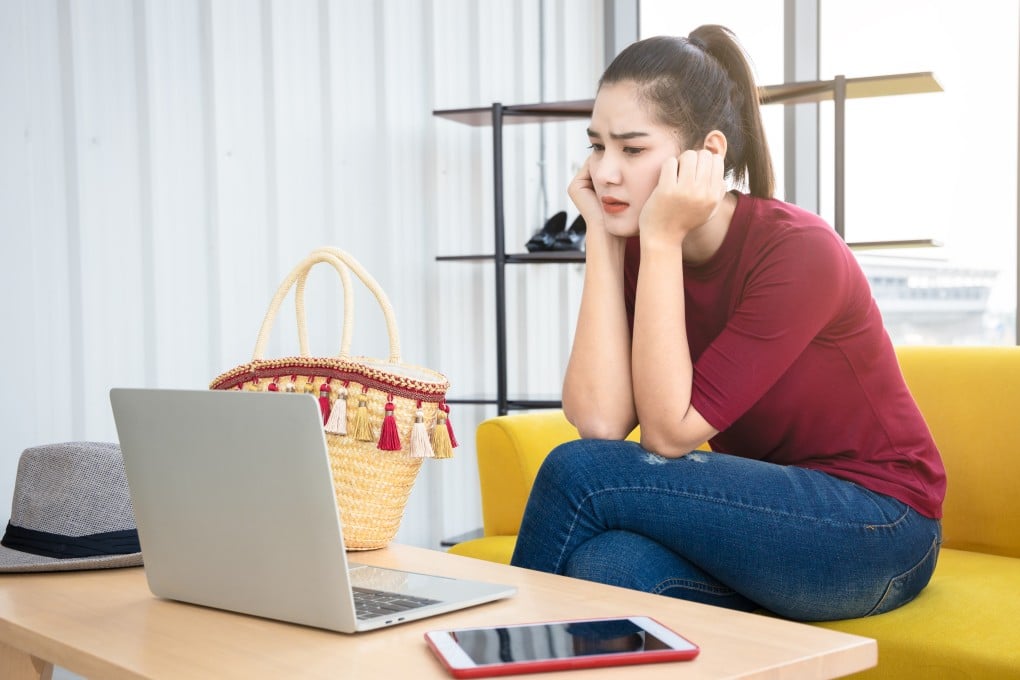Why and when you should unfollow someone on social media and how it can affect your mental health
- There is a connection between social media use and depression, anxiety and stress, according to psychotherapist Nadia Addesi
- If you feel bad about yourself, or anxious or depressed after watching someone’s content, you should definitely unfollow them

You’re scrolling through your social media feed when it hits you. A post from that account that just rubs you the wrong way.
Maybe it’s a celebrity whose Photoshopped photos of their chiselled abs or bikini body trigger your body-image issues, or maybe it’s an influencer whose lavish lifestyle and seemingly only good days make you feel inadequate.
However fleeting the feeling, experts say our interactions on social media can elicit strong thoughts and emotions – so knowing when it’s time to unfollow someone is key to preserving mental health.
“Research shows us that there is a connection between social media use and depression, anxiety and stress,” says Nadia Addesi, a psychotherapist and social worker in Ontario, Canada, with nearly 300,000 followers on her Instagram account.
This is especially the case if you feel bombarded with posts that are not aligned with your morals or values, explains Melissa Dowd, a therapist in San Francisco, California at PlushCare, a virtual health platform for primary care and mental health services.
“That can negatively affect our emotional well-being,” she says.